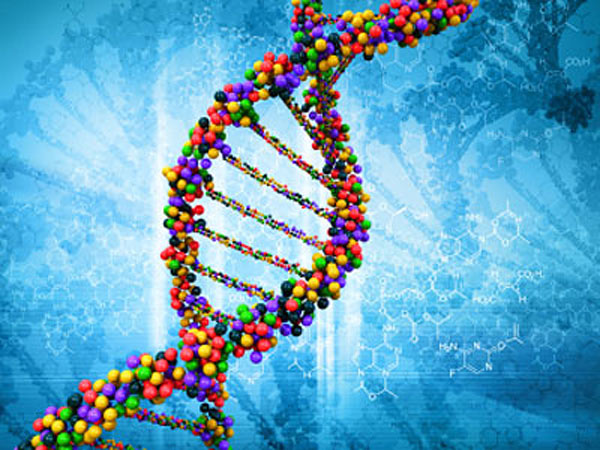Conclusions
The results of many homeogenomic studies have confirmed the postulate (Khuda-Bukhsh, 1997) that homeopathic remedies have the capacity to rearrange the transcriptome. The results of many homeogenomic studies are beginning to identify the gene targeting specificities of a number of homeopathic remedies. The results of these studies are also providing information that may be used to optimise remedy selection, dosage and frequency of dosage of homeopathic remedies.
The recognition that homeopathic remedies can affect the methylation status of DNA has highly significant implications for the practice of homeopathy and raises the prospect of the need for application of extensive future homeogenomic studies.
Homeogenetic studies, on the other hand, refer to investigations into the way in which an individual’s genetic background may affect the biological or psychological proper- ties of a homeopathic remedy. For example, the methylation status of DNA is influenced by alternative genetic forms of the gene MTHFR which encodes the enzyme 5,10- methylenetetrahydrofolate reductase (Friso et al, 2002). Since homeopathic remedies affect the DNA methylation status of the genome,
it would be helpful to determine whether the efficacy of homeopathic remediation could be improved by reference to the MTHFR genotype of an individual along with dietary considerations (homeoint.org).
Clearly, the application of homeogenomic and homeogenetic considerations will pave the way for the development of an effective system of personalised medicine.
Keywords
homeopathy affects DNA
Download the Full Text Here
[wpdm_package id=’14518′]





